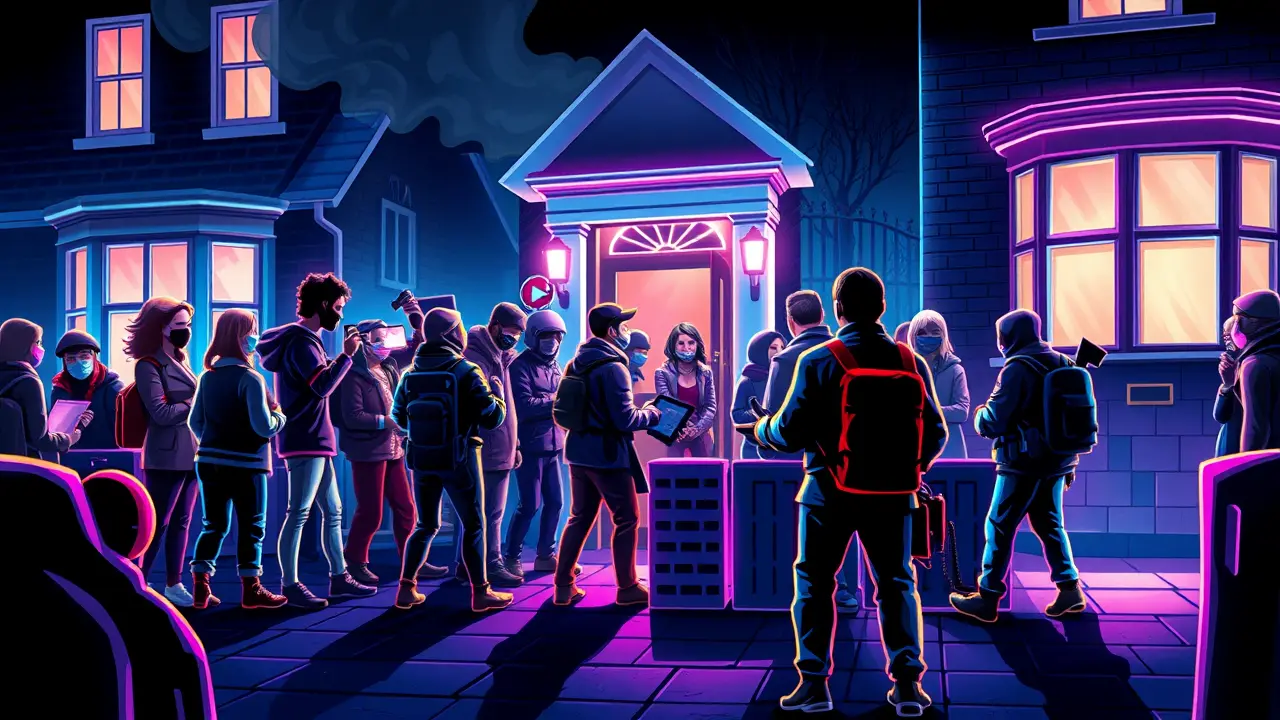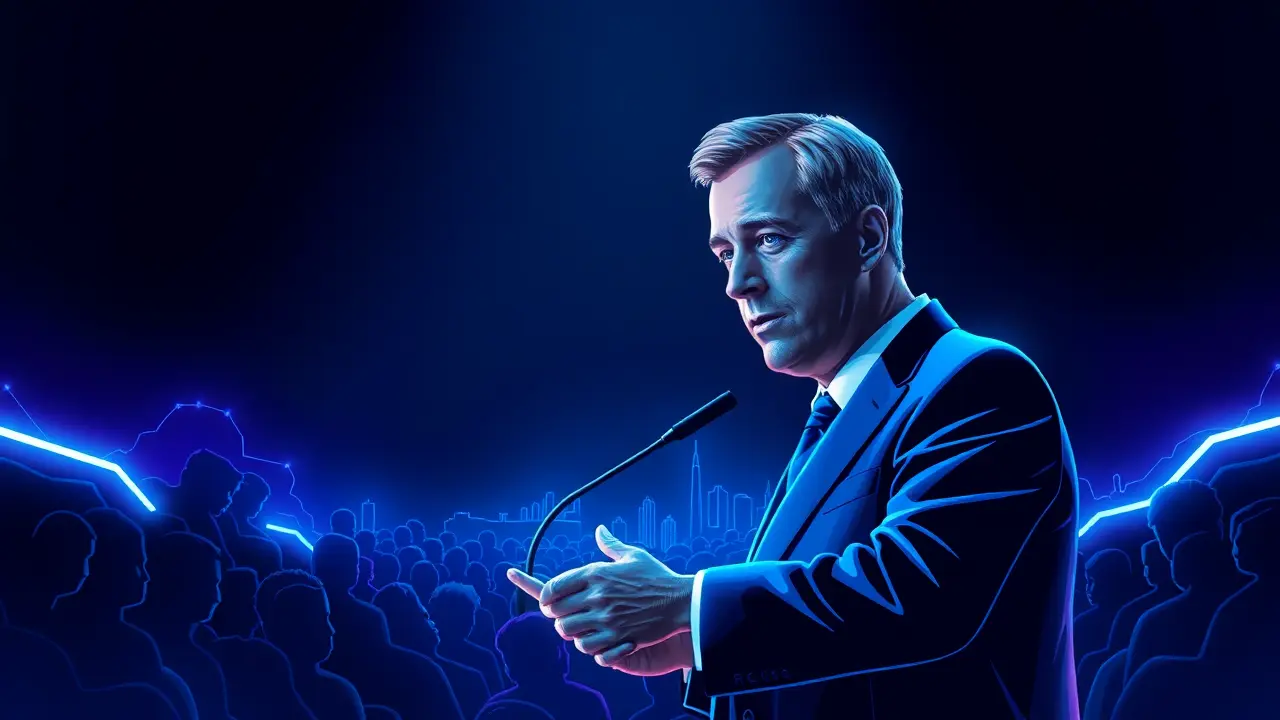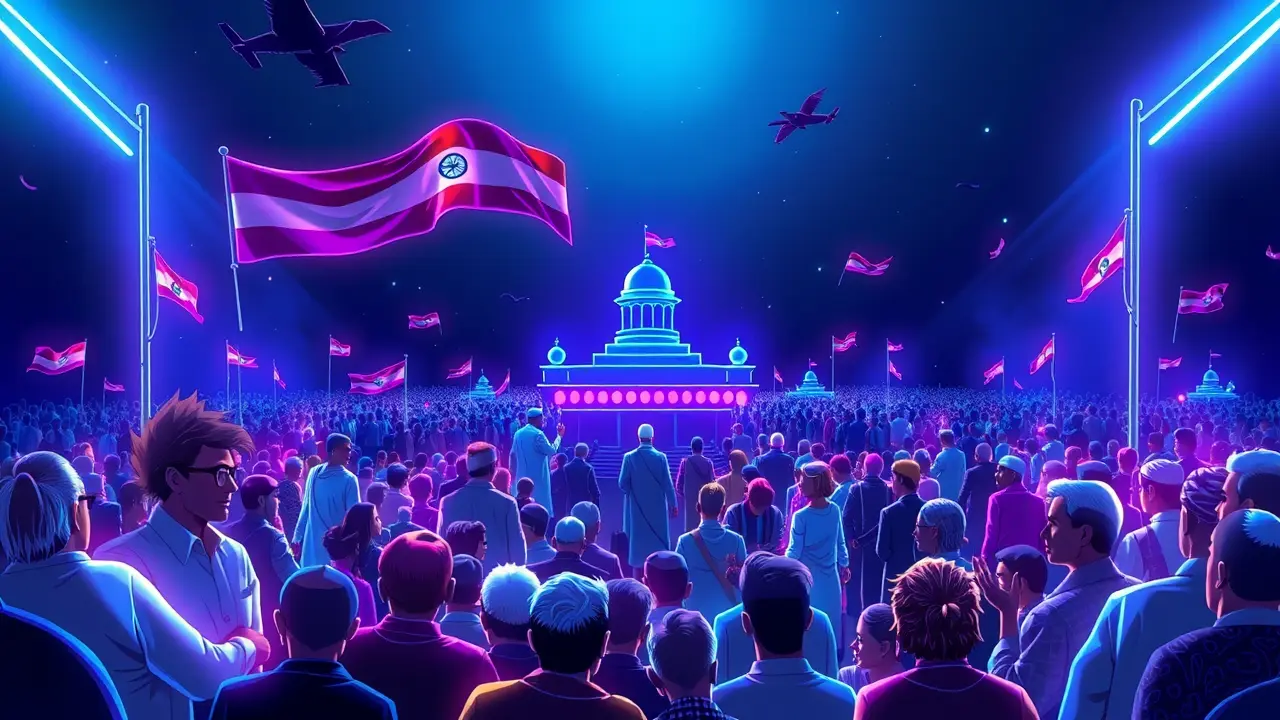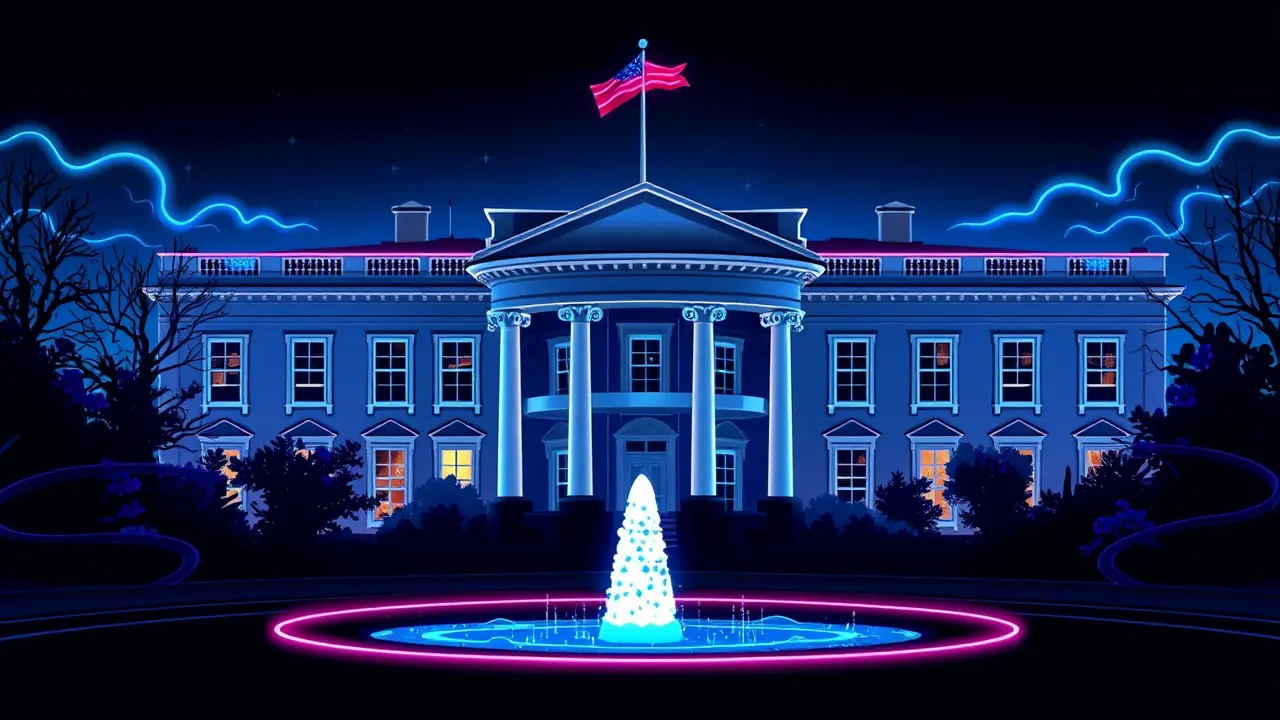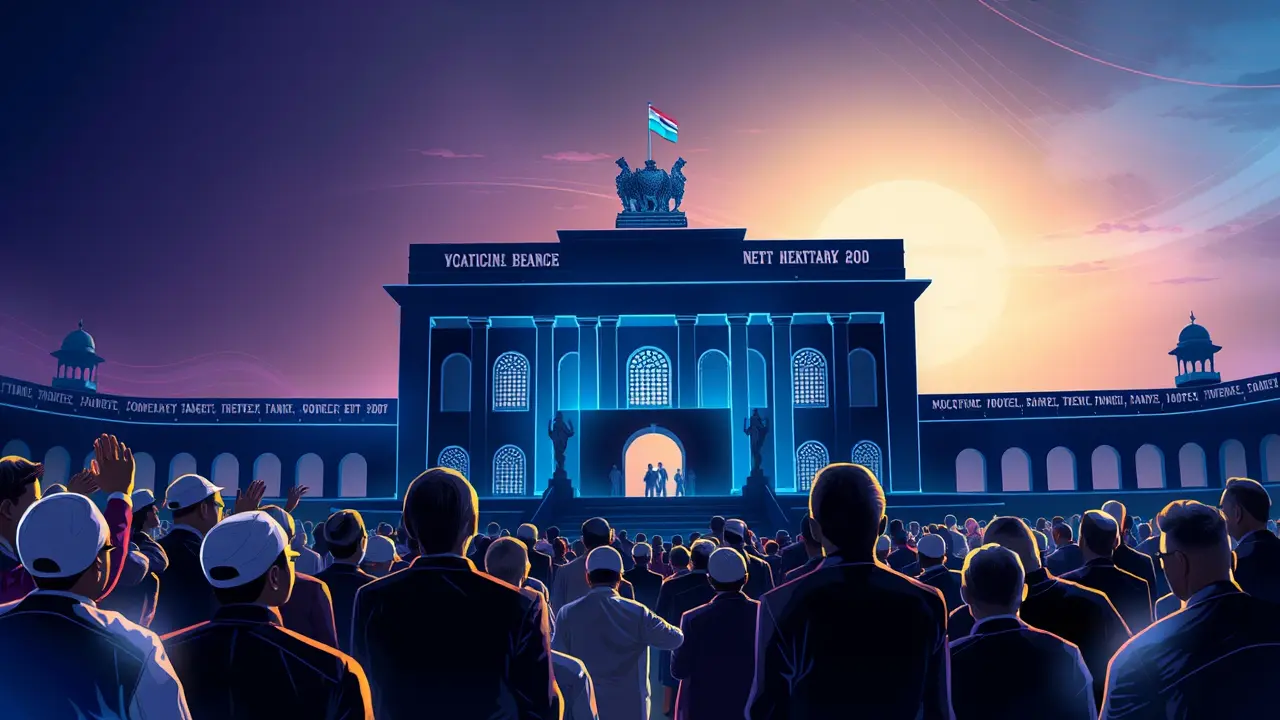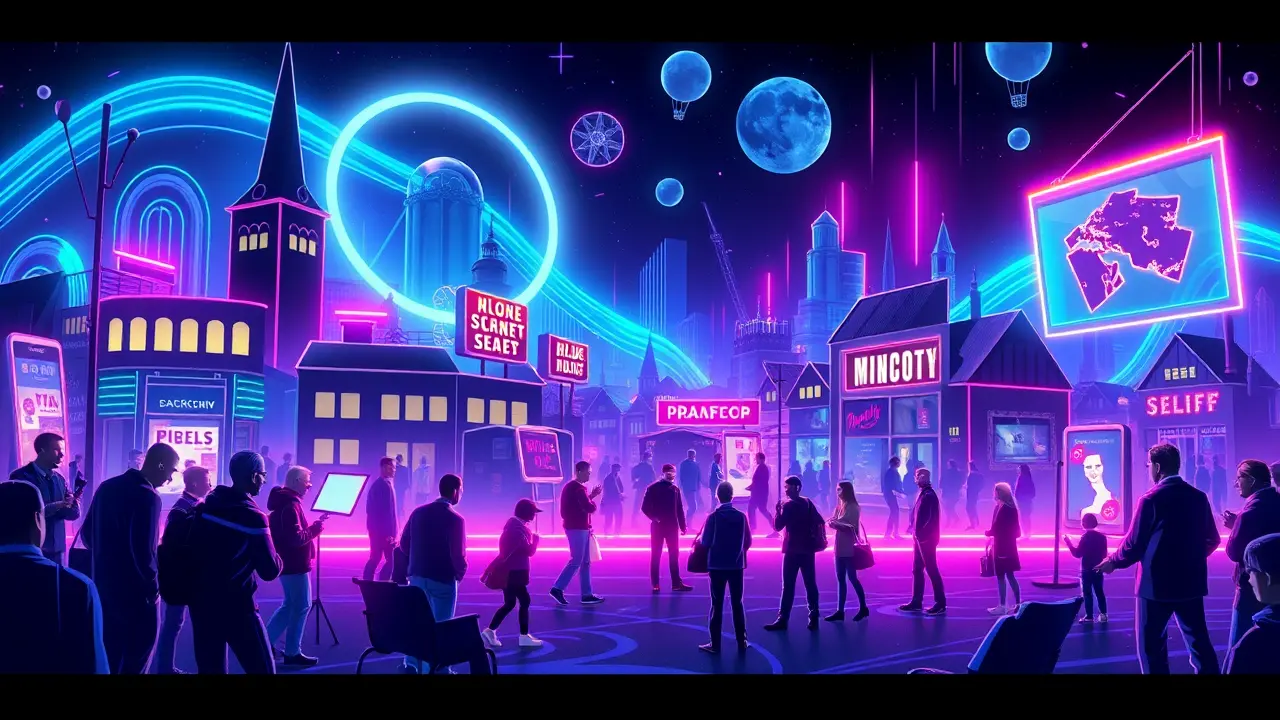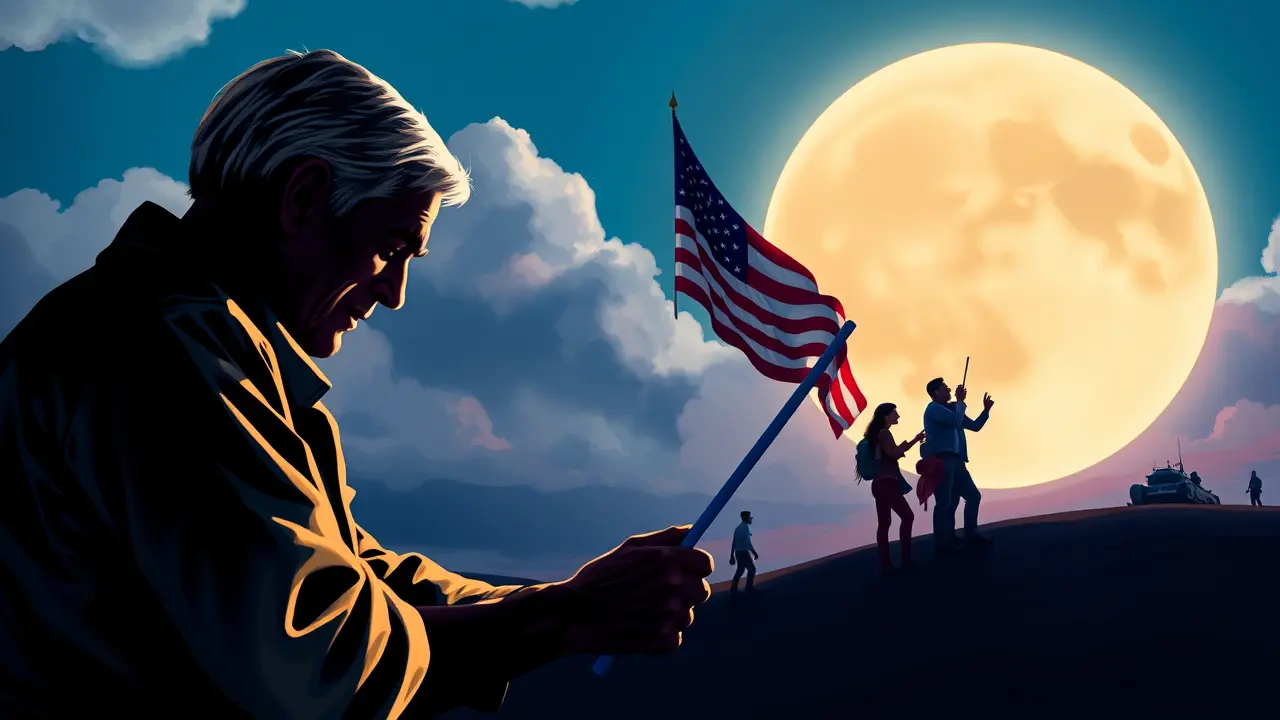
Politicshuman rightsRefugees and Migration
Norman Rockwell's Family Criticizes Homeland Security Over Art Use.
AN
Anna Wright
11 hours ago7 min read3 comments
In a striking act of public censure that reverberates through the intersecting corridors of art, politics, and social justice, the descendants of the beloved American illustrator Norman Rockwell have forcefully condemned the United States Department of Homeland Security for its appropriation of his work in social media posts, a move they characterize as a profound distortion of his legacy for the cause of persecution toward immigrant communities and people of color. This is not merely a disagreement over artistic license; it is a fundamental clash over national identity and memory, a poignant example of how a government’s visual rhetoric can weaponize nostalgia against the very communities that once symbolized its aspirational ideals.Rockwell’s ‘Four Freedoms’ series, inspired by Franklin D. Roosevelt’s 1941 speech and published in The Saturday Evening Post during the grim days of World War II, were not just illustrations but cultural cornerstones, defining a vision of American life built on freedom from want and fear, freedom of speech and worship.To see imagery born from such humanist principles now deployed by an agency whose policies have included family separations and aggressive immigration enforcement creates a jarring, almost unbearable, cognitive dissonance, forcing a national reckoning with the gap between our professed values and our practiced policies. The family’s statement, echoing the moral clarity of a UN human rights report, underscores a painful truth: the iconography of inclusion is being systematically repurposed as a tool of exclusion, a pattern familiar to scholars of propaganda where art is stripped of its original context to serve a state narrative of security and control.This incident transcends a single agency’s misstep; it sits at the heart of a broader, more insidious culture war being waged on digital battlegrounds, where memes and masterpieces are leveraged to shape public perception and legitimize authority. One must consider the personal impact on the Rockwell family, who now find themselves custodians of a legacy they see being cynically inverted, their private heritage becoming a public pawn in a political struggle they did not choose.The critique from the Rockwell estate joins a growing chorus from artists’ families and estates, from the heirs of Picasso to the beneficiaries of Dorothea Lange, who have watched with alarm as historical works are co-opted to sanitize contemporary controversies, raising complex questions about posthumous copyright, moral rights, and the ethical responsibilities of public institutions. The Department of Homeland Security’s silence in the face of this specific condemnation speaks volumes, suggesting either a strategic disregard for cultural criticism or a fundamental failure to comprehend the symbolic power it wields.The consequences are tangible: for immigrant communities, this visual co-option deepens a sense of alienation and betrayal, reinforcing the perception that the promise of the American dream, so vividly captured by Rockwell’s brush, is a conditional one, reserved for a select few. This episode serves as a critical case study for policymakers and cultural analysts alike, demonstrating that in an age of information overload, the fight for justice is not only fought with laws and protests but also with images and their interpretations, a battle for the very soul of what it means to be American, fought on the scrolling feeds where public opinion is now forged.
#lead focus news
#Norman Rockwell
#Homeland Security
#immigration
#art controversy
#family statement
#social media
#US policy
Stay Informed. Act Smarter.
Get weekly highlights, major headlines, and expert insights — then put your knowledge to work in our live prediction markets.
Related News
© 2025 Outpoll Service LTD. All rights reserved.
